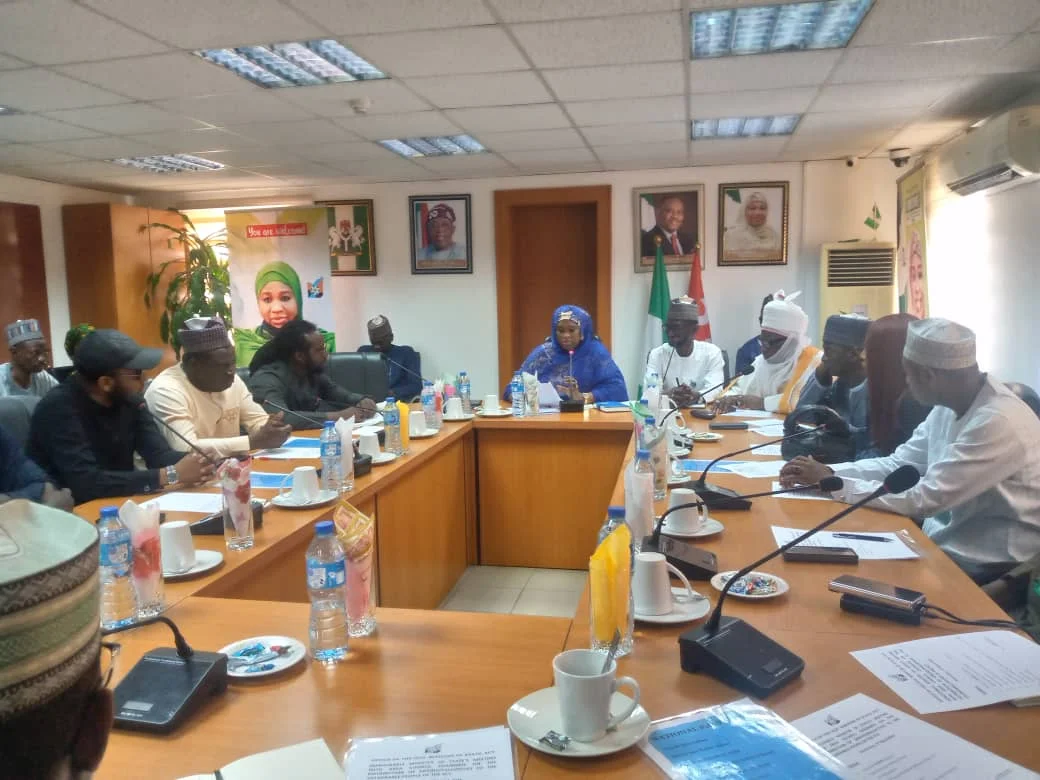Business
Dangote, Adenuga, Abdulsamad, Otedola Make Forbes List With $26bn

Forbes has listed Nigerian businessmen, Aliko Dangote, Mike Adenuga, Abdulsamad Rabiu and Femi Otedola, as the top richest Nigerians in 2024.
This comes as the combined wealth of Nigeria’s top three richest businessmen dropped slightly by 11.23 per cent to $25.3billion, according to the Forbes Real-Time Billionaires released yesterday.
The three Nigerians are the President/Chief Executive of the Dangote Group, Aliko Dangote; BUA Group Chairman, Abdul Samad Rabiu, and Globacom boss, Mike Adenuga.
The figure was a reduction of $3.2billionn from $28.5billion recorded by the business moguls in 2023.
A breakdown shows that the fortune of the founder of Dangote’s group reduced slightly from $14.2 billion in 2023 to $13.4 billion.
The wealth of the chairman of BUA group also reduced marginally to $5.2 billion in 2024 from $8.2 billion in 2023 while Adenuga’s fortune increased from $6.1billion to $6.7 billion within one year.
Meanwhile, Nigerian business magnate, Otedola, was listed as a new entrant to the billionaire list with a total net worth of $1.4billion.
“In all, 265 fresh faces are new to the World’s Billionaires. The richest of all is Italy’s Andrea Pignataro, a former Salomon Brothers bond trader behind financial software firm ION Group. He’s worth an estimated $27.5billion.”
According to the magazine, other notable newcomers include the founder of the Raising Cane’s fast-food chain Todd Graves ($9.1billion); Maggie Gu, Molly Miao and RenXiaoqing ($4.2billion each); three cofounders of fast-fashion giant Shein; iconic high-heel designer Christian Louboutin ($1.2billion); and Elon Musk pal, and Tesla and SpaceX investor, Antonio Gracias ($1.1billion).
It stated that its “World’s Billionaires list” was a snapshot of wealth using stock prices and exchange rates from March 8, 2024.
Business
NCDMB Tasks Media Practitioners On Effective Reportage

Business
FCTA, Others Chart Path To Organic Agriculture Practices

The Federal Capital Territory Administration (FCTA) and other stakeholders have charted path to improved organic agriculture practices nationwide.
At a 2024 national organic and agroecology business summit held recently in Abuja, stakeholders took turn to speak on the additional areas of promoting the practices.
The Mandate Secretary, FCT Agriculture and Rural Development Secretariat (ARDS), Lawan Geidam, advocated for sustainable practice to develop resilient food systems that will benefit people.
The event, with the theme,”Towards Policies for Upscaling Organic Agroecological Businesses in Nigeria”, is aimed at fostering growth in the organic agriculture sector.
Geidam, who was represented by the Acting Director, Agric Services, in the Secretariat, Mr. Ofili Bennett, emphasised the success of organic and agroecological farming, reling on the active involvement of farmers, businesses and consumers.
He reassured attendees that the FCT Administration, led by the Minister, Nyesom Wike, and Minister of State, Dr. Mariya Mahmoud, remains dedicated to supporting initiatives that enhance the livelihood of residents.
Geidam described the partnership between the Secretariat and the organic and Agroecology initiative for a monthly exhibition and sale of organic products in the FCTA premises as a testament to this commitment.
“The ARDS remains committed to driving policies and initiatives that align with national goals and global standards”, Geidam said.
On her part, the Chairperson of Organic and Agroecology Initiative, Mrs. Janet Igho, urged residents to embrace healthy eating habits to sustain a good lifestyle. She stressed the importance of adopting organic practices, highlighting the benefits of going organic, growing organic and consuming organic products.
Igho expressed her optimism regarding the Agricultural Revival Programmes as articulated in President Bola Ahmed Tinubu’s “Renewed Hope Agenda”, which aims at fostering food and nutrition security.
She also extended her gratitude to ARDS for graciously allocating a space in the FCTA premises for the exhibition and sale of organic products, noting that the platform has been effectively used to advance the promotion of organic agriculture in FCT.
Igho outlined several benefits of organic agriculture which includes improved soil health, increased biodiversity, availability nutritious and healthy food and a reduced carbon footprint.
Stakeholders at the summit, underscored the critical need for enhanced private sector involvement and robust capacity building initiatives for farmers.
They highlighted the importance of implementing supportive policies to foster the growth of the organic agriculture sector.
In the light of the significant challenges facing Nigeria’s agricultural landscape, stakeholders decided that organic agricultural practices present sustainable solutions and a pathway for a more resilient and productive farming systems.
The three-day summit featured exhibitions showcasing organic foods, fruits, vegetables and fertilizers, providing an opportunity for residents to better appreciate the benefits of production and consumption of organic agricultural products.
Business
Dangote Refinery Exports PMS to Cameroon

-

 Oil & Energy4 days ago
Oil & Energy4 days agoBill Prohibiting Gas Flaring Passes 2nd Reading
-

 Rivers4 days ago
Rivers4 days agoRivers Seals Firms Over Non-Compliance With Physical Planning Law
-
News6 hours ago
RSG Set To Employ Fresh Teachers In Public Schools
-
Politics3 hours ago
Ex-Inc President Harps On People-Centred Governance
-

 Sports4 days ago
Sports4 days agoGalaxy Win Sixth MLS Title
-

 News4 days ago
News4 days agoElder Statesman, Others Emerge PH Boat Club’s New Officials
-
Sports5 hours ago
Musa, Shehu Ineligible For CHAN – Ilechukwu
-

 News4 days ago
News4 days agoNAFDAC Demands Full Compliance With Ban On Satchet, PET Bottle Alcohol

